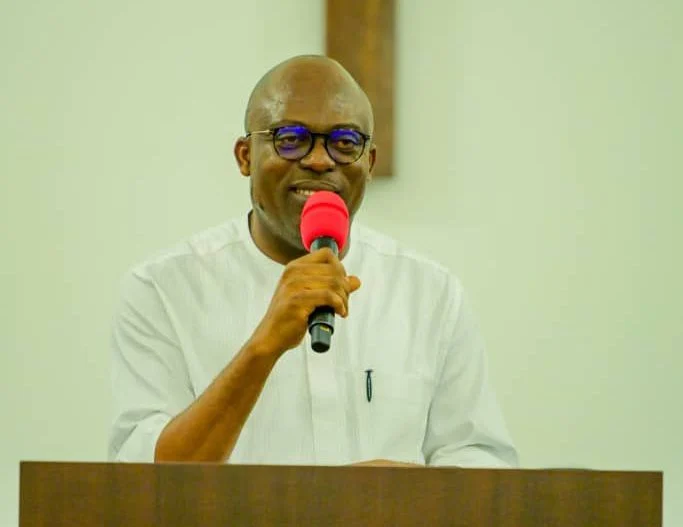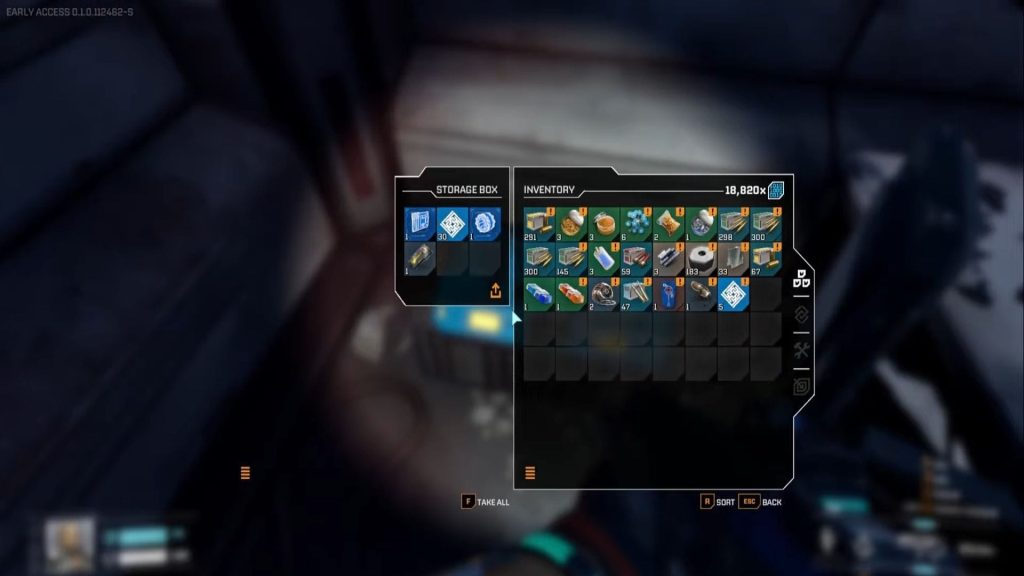In a bold move to tackle the growing issue of drug abuse, the Commander of the 17 Brigade Nigeria Army, Katsina, Brig.-Gen Babatunde Omopariola, has issued a directive to his personnel to confront and report any soldier caught smoking weed or taking drugs. This directive was given during the 2025 Nigerian Army Day Celebration, held at the brigade’s officers’ mess in Katsina.
The commander’s warning comes as Nigeria grapples with the challenges of drug addiction, which is draining the country’s workforce and endangering its future. Brig.-Gen Omopariola emphasized the need for decisive action against anyone found guilty of drug abuse, stating, “We must be ready to take decisive action against anyone found guilty if we truly want a drug-free society.” He also urged parents and guardians to intervene early in their children’s lives, as drug habits often begin at a tender age.
Furthermore, the commander debunked the misconception that soldiers need to use drugs to perform courageously, stating, “You don’t need to smoke weed to perform. Are we not fearless? Are we not bold?” This statement highlights the importance of promoting a culture of bravery and boldness within the military, without resorting to drug use.
The fight against drugs is vital for national productivity, public health, and social stability, according to Brig.-Gen Omopariola. Zainab Ibrahim, a senior official of the National Drugs Law Enforcement Agency (NDLEA), echoed this sentiment, attributing the insecurity situation in some parts of the country to the influence of drugs. She emphasized that drug abuse is a root cause of many social ills, including terrorism, banditry, and prostitution.
Ibrahim also dismissed the excuse that unemployment leads to drug use, pointing out that many unemployed people live decent, drug-free lives. She educated the audience on the dangers of both legal and illegal substances, explaining that even seemingly harmless substances like kola nuts, tea, and coffee can alter mood and be considered drugs.
The NDLEA official criticized the misuse of over-the-counter drugs and revealed that many Nigerians still gain illegal access to controlled substances such as Rohypnol and Pentazocine. She urged the nation to treat drug abuse as a public health crisis, rather than just a crime, stating, “We must raise a national consciousness. It demands a collaborative effort from the government, civil society organizations, families, and individuals.”
As Nigeria continues to grapple with the challenges of drug abuse, the directive by Brig.-Gen Omopariola serves as a call to action for the military and the wider society to take a stand against this destructive force. By promoting a culture of bravery, boldness, and responsibility, Nigeria can work towards a drug-free society, where its citizens can thrive and reach their full potential.



